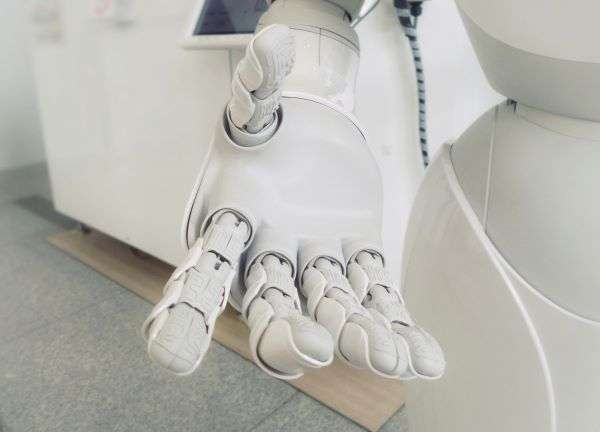A recent study emphasizes the urgent need for supply chains to adopt artificial intelligence (AI) or risk being left behind. The report highlights the varying progress and return on investment in AI adoption across supply chains, with inaction being the surest path to failure.
AI Adoption: A Matter of Survival
The adoption of AI in supply chains is not uniform, with varying degrees of progress and return on investment. However, a recent study by research firm Zero100 underscores the catastrophic consequences of inaction. The report, “The Ultimate Guide to AI ROI,” warns of a widening chasm between early adopters and those who adopt a wait-and-see approach.
The report quotes a tech executive stating that failing to strategize for AI adoption is disastrous. The future of global supply chains is predicted to be AI-empowered and fully digitized, fundamentally altering the nature of supply chain work.
Inconsistent Commitment to AI
Despite the transformative potential of AI, business leaders‘ commitment to its adoption has been inconsistent. The report reveals that while 90% of large businesses have experimented with AI in their supply chains, only a third of executives have a strategic vision for integrating AI and machine learning into supply chain functions. Furthermore, only a quarter of leaders have seen tangible returns so far.
The Promise of AI
Despite initial over-enthusiasm and subsequent disappointment in AI’s short-term potential, the technology’s true potential should not be doubted. AI’s dynamic nature allows it to learn by doing, with each new iteration being an improvement over the previous one. AI’s capabilities in key functions such as truck load building and predicting supply chain disruptions are rapidly improving.
Fastest ROI with AI
The question now is how to adopt AI in a way that realizes the fastest possible ROI. Zero100’s report serves as a playbook for this, recommending that companies begin by defining the outcome driving their AI investment. It also emphasizes the importance of establishing a dedicated AI team within the supply chain organization and collaborating with functional users of the technology.
The Human Element in AI Adoption
Despite AI’s allure, it will never function effectively in a supply chain setting without full attention to the human element. The report concludes that supply chain leaders need an AI-literate workforce, necessitating hiring and upskilling for critical AI and machine-learning skills.



